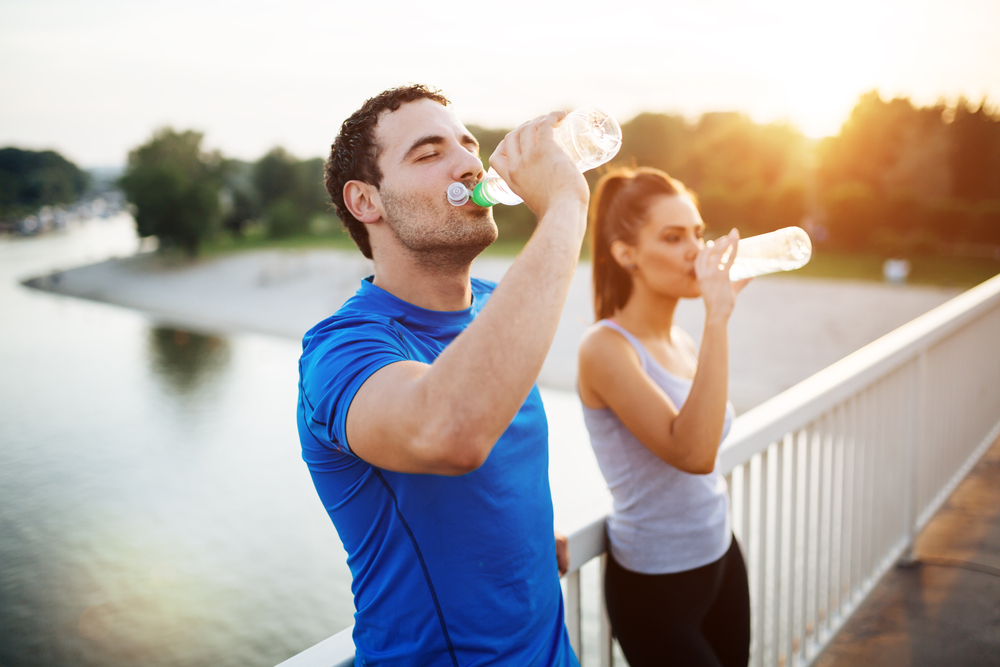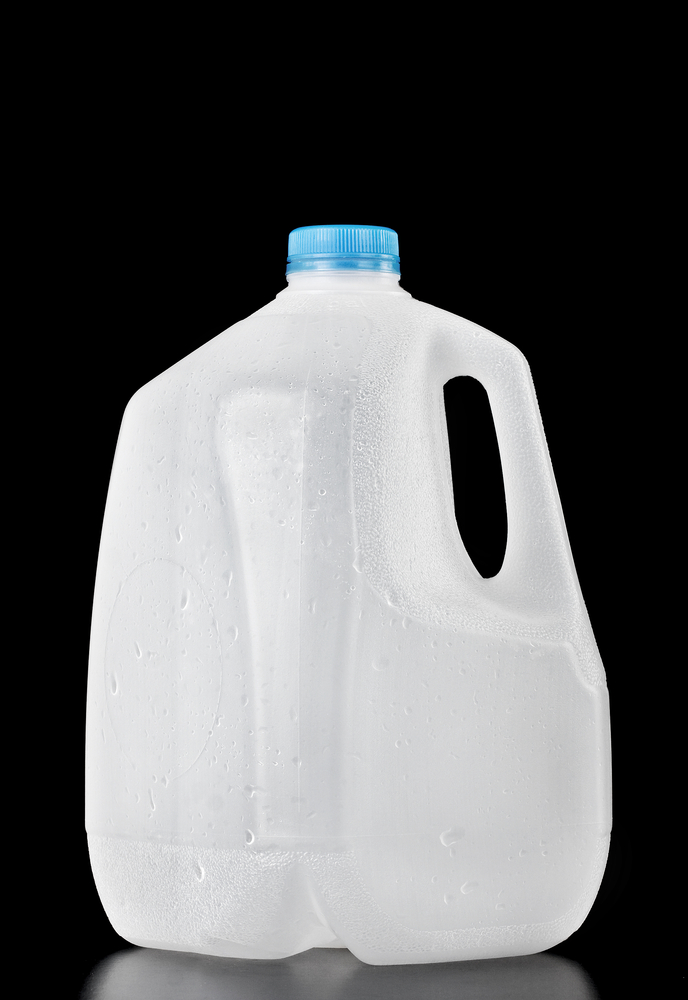How to Stay Hydrated

With the weather beginning the heat up and summer right around the corner, it is a good time to consider how well you are hydrating yourself. Hydration is easy to forget about in the winter and early spring because of the low temperatures. You may not feel as thirsty with the temperature below 40 degrees. Hydration is still very important in the colder months, but it is crucial in the late spring and summer months.
How much water do I need to stay properly hydrated?
There are many factors that influence how much water you should be drinking each day. Frankly, it comes down to each individual. If you are a person that perspires more, you want to drink a little more than average. Average hydration is usually considered about 8 glasses of water per day. Furthermore, if you have a history of diabetes or heart disease, you will want to drink more water than average to avoid dehydration.
Drinking a lot of water is not reserved for athletes, although it is extremely important to hydrate more if you are physically active. Especially on hot days, it is pivotal to replenish the fluid you lost while exercising. If you are not sweating while vigorous physical activity, this can be a significant warning that you are dehydrated and running the risk of heat exhaustion.
Stick to Water
Water is the best option for most people when it comes to hydration. Sports drinks such as Gatorade can be great for replenishing electrolytes, but they are very sugary and sometimes salty. They can be hard on your stomach when dehydrated and are not as effective in keeping you hydrated as water is. It is a much better option to drink water before, during, and after your workout. Additionally, eating orange or banana slices post workout is a great way to recover.

Staying Hydrated In The Sun
Even if you are not exercising, staying hydrated is vital to staying healthy and avoiding any heat related injuries. Even if you are just at the beach this summer! Sitting in the sun, it is very important to be on top of your hydration levels and drink plenty of water. If you are in a different climate than usual, you may sweat differently than normal, which can make it difficult to detect dehydration. It is better to be safe than sorry. Drink plenty of water throughout the day to avoid dehydration and any other heat related injures or illnesses.

